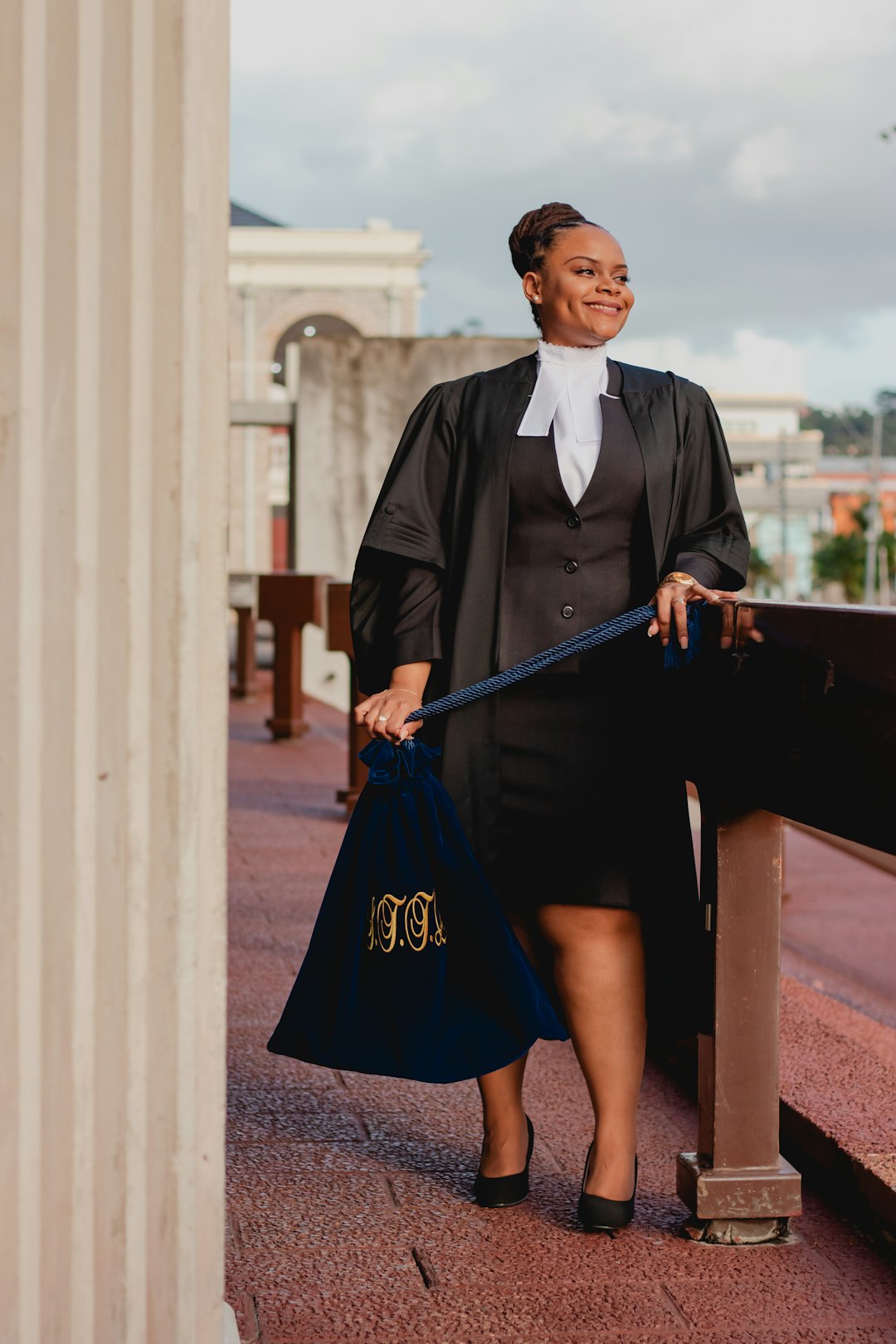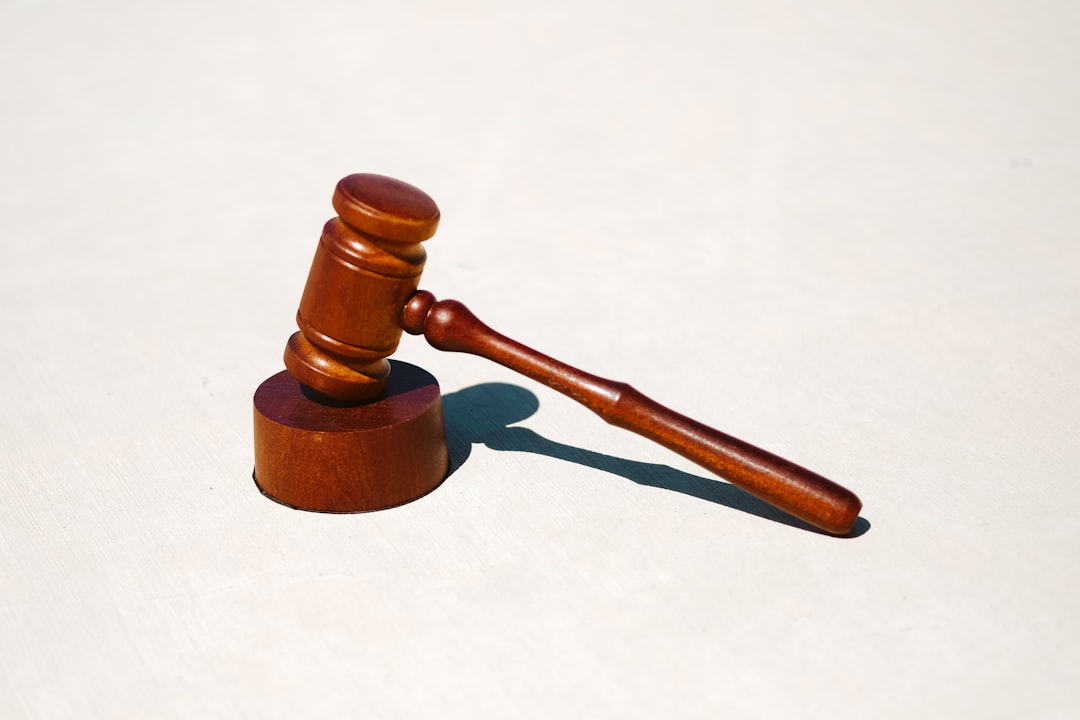Facing sexual assault charges in Colorado can be overwhelming. An experienced sexual assault lawyer is crucial for navigating complex laws and legal procedures. Understanding the nuances of Colorado’s sexual assault statutes is essential, as is building a robust defense strategy tailored to each case. Additionally, supporting survivors and upholding their rights during this challenging time is a core aspect of responsible legal representation. This guide explores these key areas, offering insights for both accused individuals and those seeking support.
Understanding Sexual Assault Laws in Colorado

In Colorado, sexual assault is taken extremely seriously and is classified as a felony. The state’s laws define sexual assault broadly, encompassing a range of unwanted sexual acts, including forced penetration, groping, or any sexual conduct without clear consent. Penalties for sexual assault charges can be severe, with potential jail time and long-lasting legal consequences.
If you’re facing sexual assault allegations in Colorado, it’s crucial to consult a skilled sexual assault lawyer. They will help navigate the complex legal system, ensure your rights are protected, and provide aggressive defense strategies tailored to the unique circumstances of your case. A knowledgeable attorney can guide you through the process, offering expertise in understanding evidence, interviewing witnesses, and constructing a robust defense.
Navigating Legal Procedures After an Accusation

After a sexual assault accusation, navigating legal procedures can seem daunting. A skilled Colorado sexual assault lawyer guides clients through this complex landscape, ensuring their rights are protected at every step. They begin by thoroughly reviewing the case, understanding the evidence and potential charges. This expert advice is crucial for individuals facing these sensitive allegations.
The attorney then develops a robust defense strategy tailored to the client’s unique circumstances. This may involve challenging the validity of evidence, questioning witness testimonies, or exploring legal loopholes that could lead to the dismissal of charges. Their goal is to achieve the best possible outcome, whether through negotiation, trial, or alternative dispute resolution methods.
Building a Defense Strategy for Accused Individuals

When facing sexual assault charges, having a skilled Colorado sexual assault lawyer is paramount. They begin by thoroughly examining all available evidence and identifying potential weaknesses in the prosecution’s case. This strategic approach involves sifting through police reports, witness statements, and medical records to uncover discrepancies that can cast doubt on the accuser’s version of events.
A robust defense strategy also includes gathering character evidence to counteract any preconceived notions about the accused. The attorney may introduce testimony from friends, family, or colleagues who can attest to the individual’s reputation for integrity and consenting behavior in past relationships. By employing these tactics, a sexual assault lawyer Colorado navigates the complex legal landscape on their client’s behalf, aiming to achieve the best possible outcome.
Supporting Survivors and Their Rights

In the face of such a traumatic experience, survivors of sexual assault need more than legal representation; they require support and advocacy. A skilled Colorado sexual assault lawyer doesn’t just navigate the complex legal system but also stands in solidarity with survivors, ensuring their voices are heard and rights protected. They understand the emotional toll these cases take and work diligently to secure justice while providing a safe space for victims to share their stories.
By prioritizing survivor-centered approaches, these attorneys facilitate access to resources such as counseling services and support groups, empowering individuals to heal and reclaim their lives. Their expertise in sexual assault laws enables them to challenge evidence, cross-examine witnesses, and build strong defenses, ultimately fighting for the rights of survivors to find closure and safety within the legal framework.





